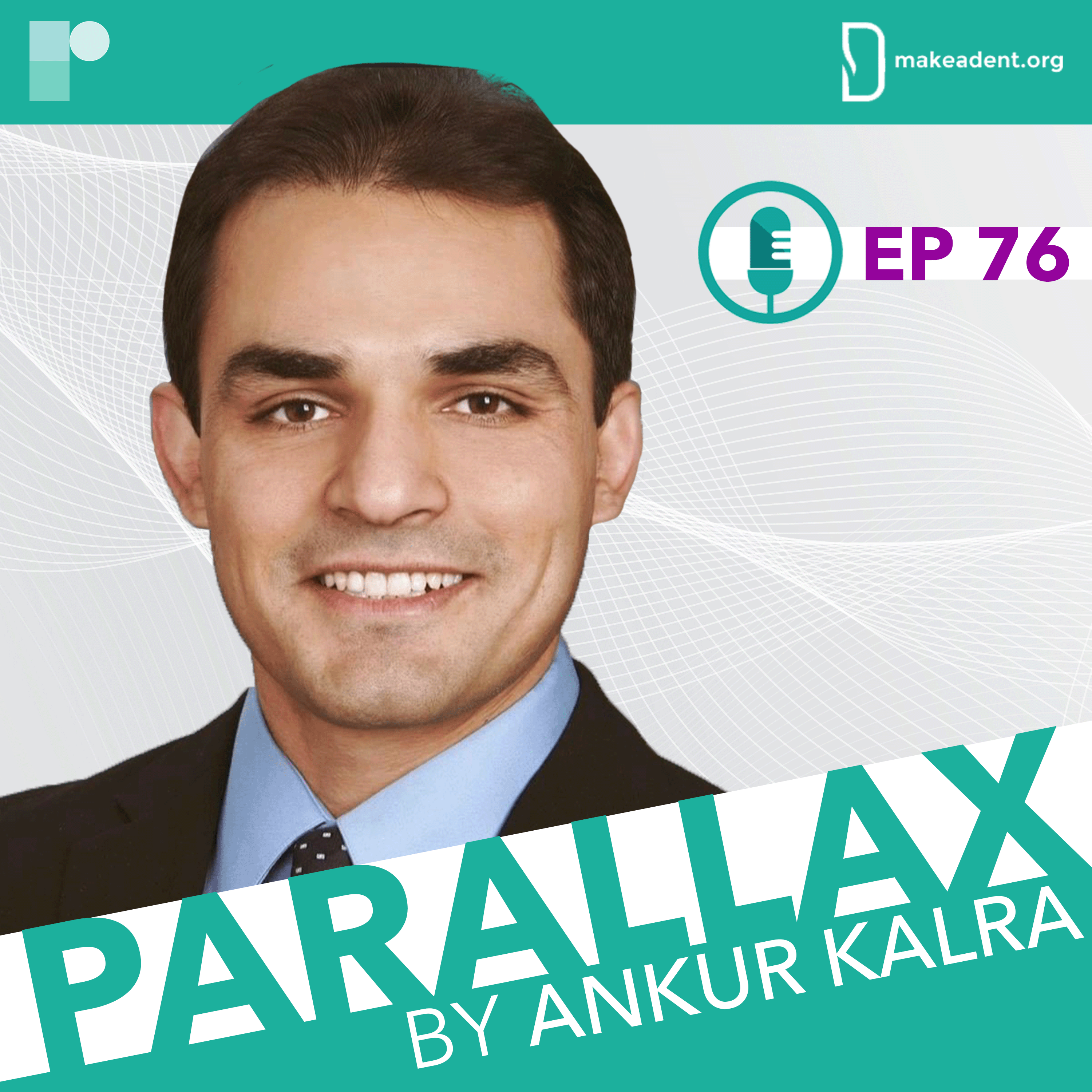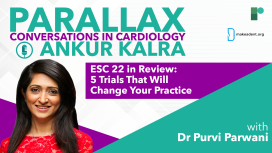
Dr Sohail Khan was working as an interventional cardiologist in Salt Lake City, but he was growing more and more skeptical of the corporate aspects of his job. He had a dream about moving back to Pakistan and building a hospital there. Following the death of a colleague, he decided to take a leap.
In this inspiring episode, Dr Ankur Kalra’s guest is Dr Sohail Khan, Chief Operating Officer at the National Institute of Cardiovascular Diseases in Karāchi.
Dr Khan talks about education in the US and his decision to move back to Pakistan. Ankur asks Sohail about his new professional home: NICVD, a free clinic providing primary heartcare for Pakistanis. They discuss some of the innovations Dr Khan works on to improve patient care that utilise simple but effective interventions. We learn more about free screening clinics and about Dr Khan’s work on the largest ever study in Pakistan on association of Lpa and CV disease in South Asians.
What were the considerations for Dr Khan when he decided to move to Pakistan? What is his advice to our listeners?
Questions and comments can be sent to “podcast@radciffe-group.com” and may be answered by Ankur in the next episode. Guest, @SKhanMHCM hosted by @AnkurKalraMD. Produced by @RadcliffeCARDIO.





What is the Global Cardiology University project? How does Dr Anavekar encourage trainees to re-examine their role in patient care? What is his advice to our listeners?

As Dr Kalra asks Dr Rao about the ways in which early career faculty members can get involved with the organization at a state level. Dr Rao shares his insider tips and highlights key events where individuals can further their participation.
How can you get involved with your local ACC chapter? How can you improve your leadership skills? What is Dr Rao’s advice for our listeners?

He explains how the complexity of nutrition and the compounds generated by the gut microbiome can impact our health. We learn more about three compounds produced by our gut microbiome that have a strong connection with heart disease.
Through this conversation, Dr Vuyisich invites us to reframe our approach to nutrition and prevention as a question of food education and data-driven science.





